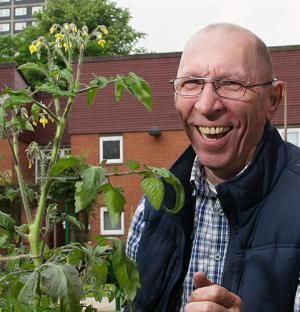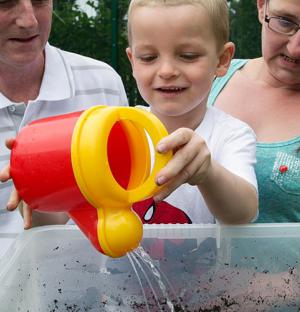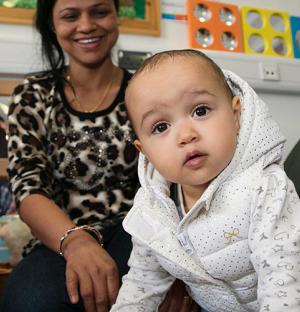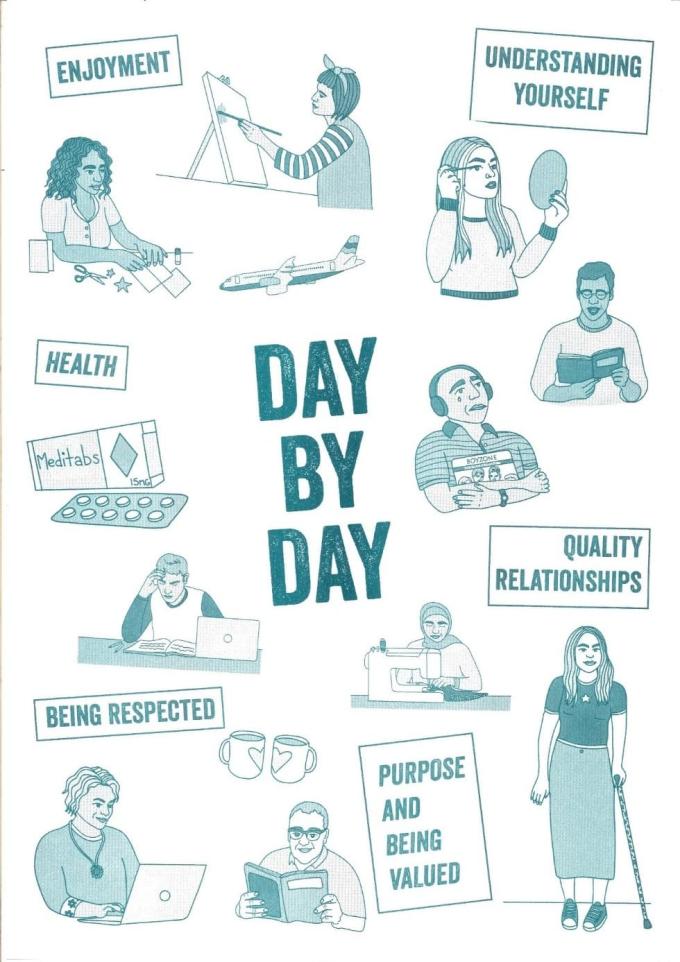“Take things day by day” is a clear message from people living with significant long-term health conditions.
A wide range of adults in Salford were asked what they enjoyed doing and what they most valued in their lives. All had been on the ‘shielding’ list from the start of the COVID-19 situation.
People shared their stories through in-depth conversations that revealed the things that matter most to them. While everyone’s experience was unique, key themes emerged.
Like most other people, the participants valued three themes:
- Purpose and being valued – people talked about the importance of their work, learning new things, participating in social support groups or their faith community. They spoke as much about helping others as they did about being helped.
- Quality relationships – people talked about their friendships, romantic relationships, pets and their family.
- Enjoyment – people talked about things that were simply fun or distracting, such as television and movies, music, puzzles, shopping, travelling, art and crafts.
What differed for people living with long-term conditions were three other themes:
- Being respected – people talked about the importance of being believed and understood by other people, as well as fair access. Some people spoke of not wanting other people to perceive them as ‘ill’, in order to avoid prejudice.
- Health – people talked about access to green spaces, exercise, being in spaces that felt clean and safe, day-to-day management of their health, and access to the health care system.
- Understanding yourself – people spoke about mental health training and therapy, as well as expressive creative outlets, such as writing poetry or expressing their personality in their style.
“We want to use these insights to help design, with people with long-term health conditions, activities that support them to have the best possible quality of life”, said Chris Dabbs, Chief Executive of Unlimited Potential. “We have shared it with key health and care agencies in Salford and Greater Manchester and hope they will use it for future developments.”
The project was funded by the Public Health department of Salford City Council. The learning has already been presented to the Health and Wellbeing Board and to the Adult Advisory Board in Salford.




